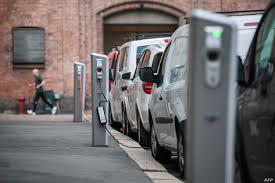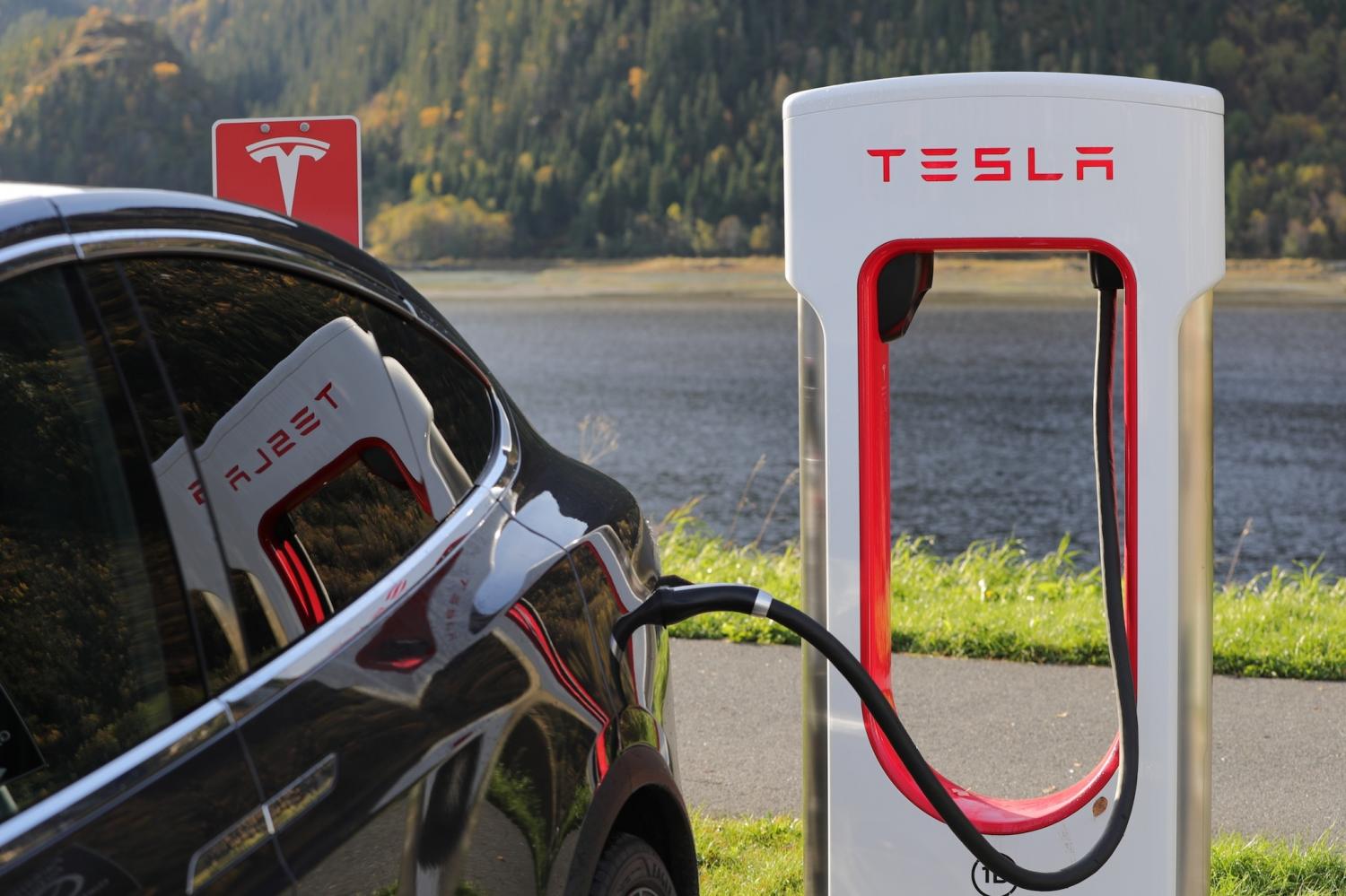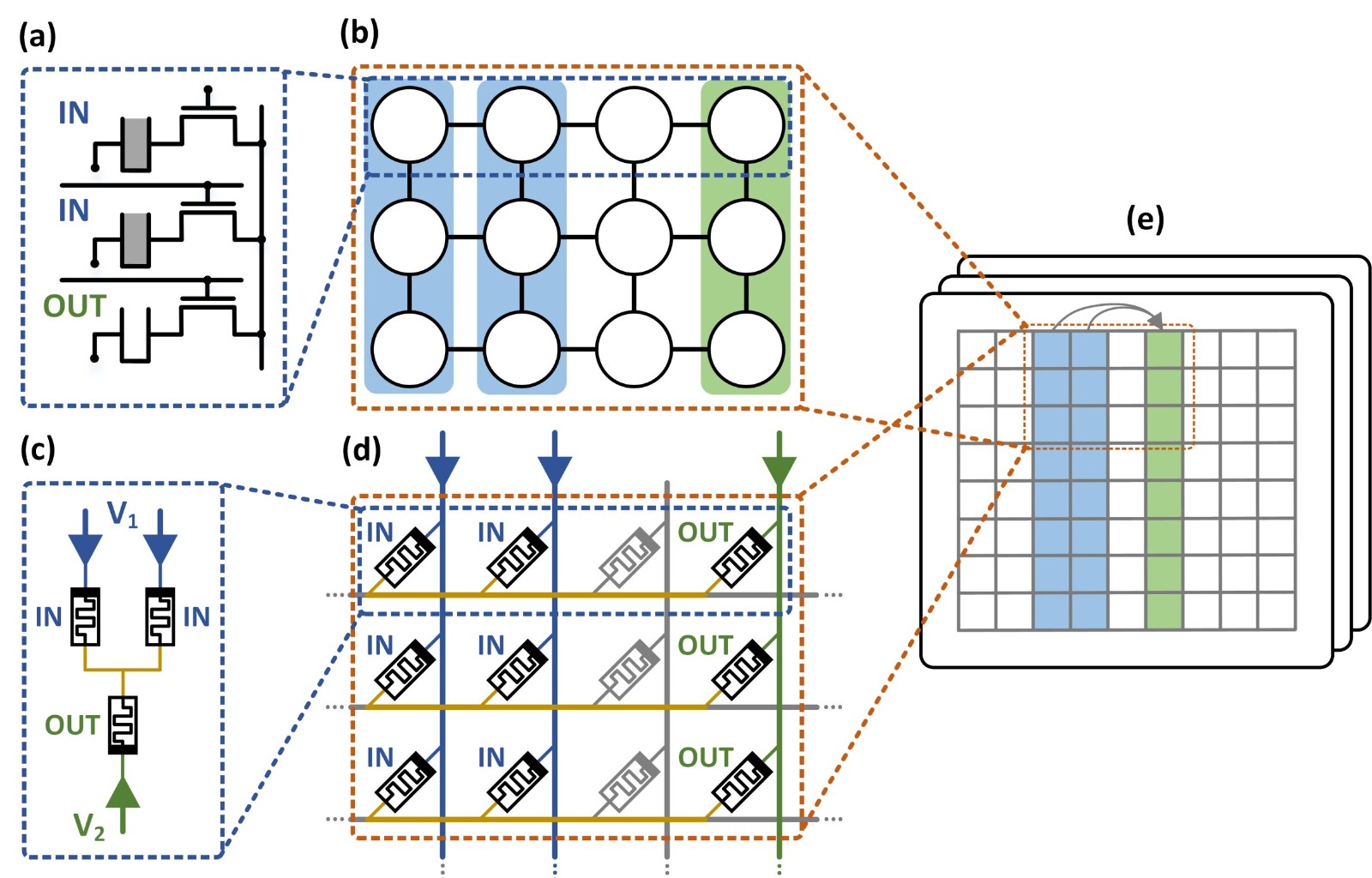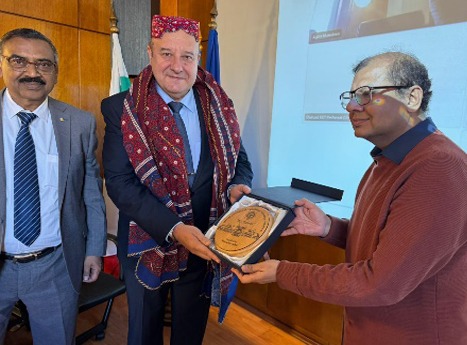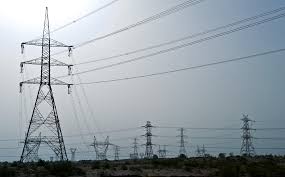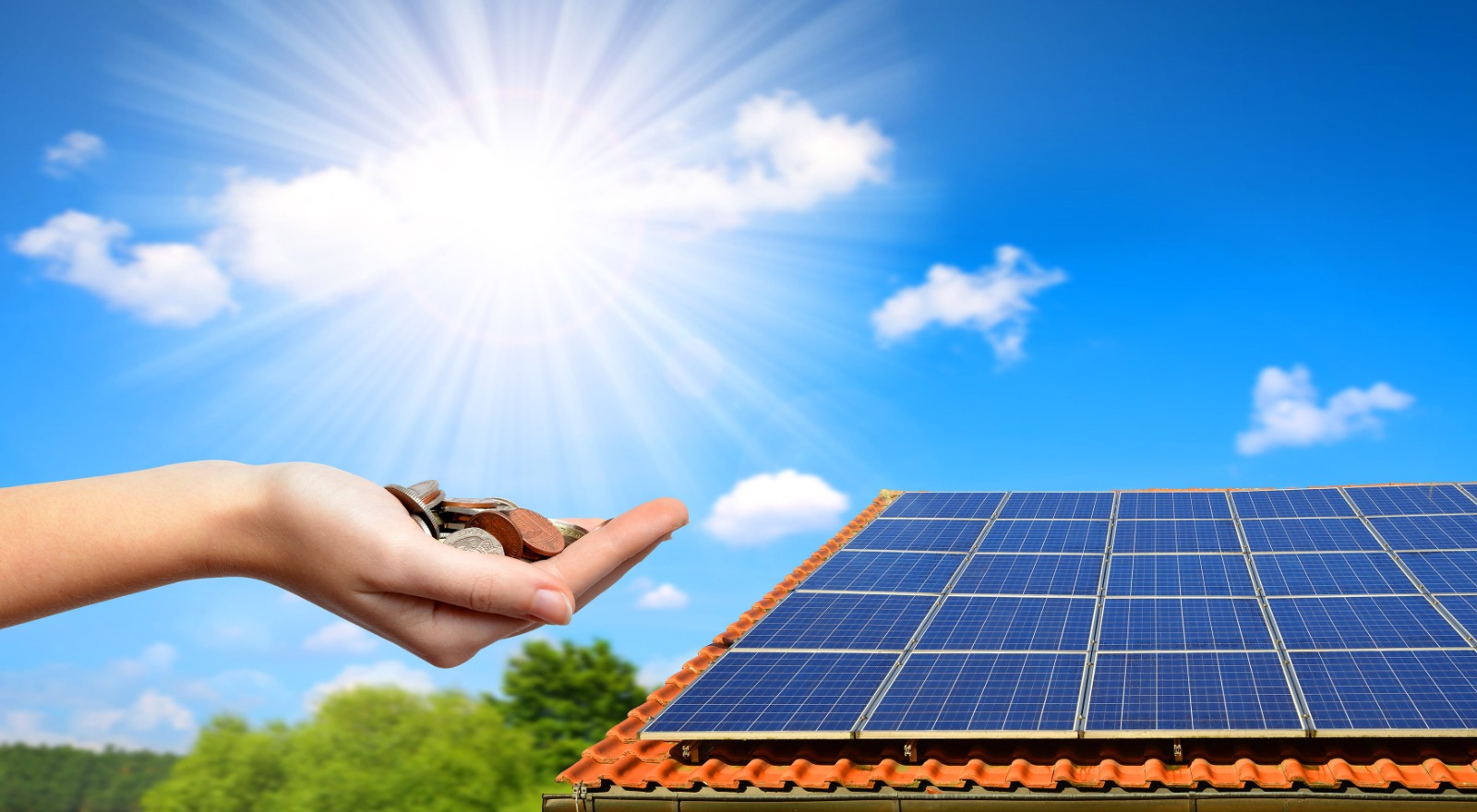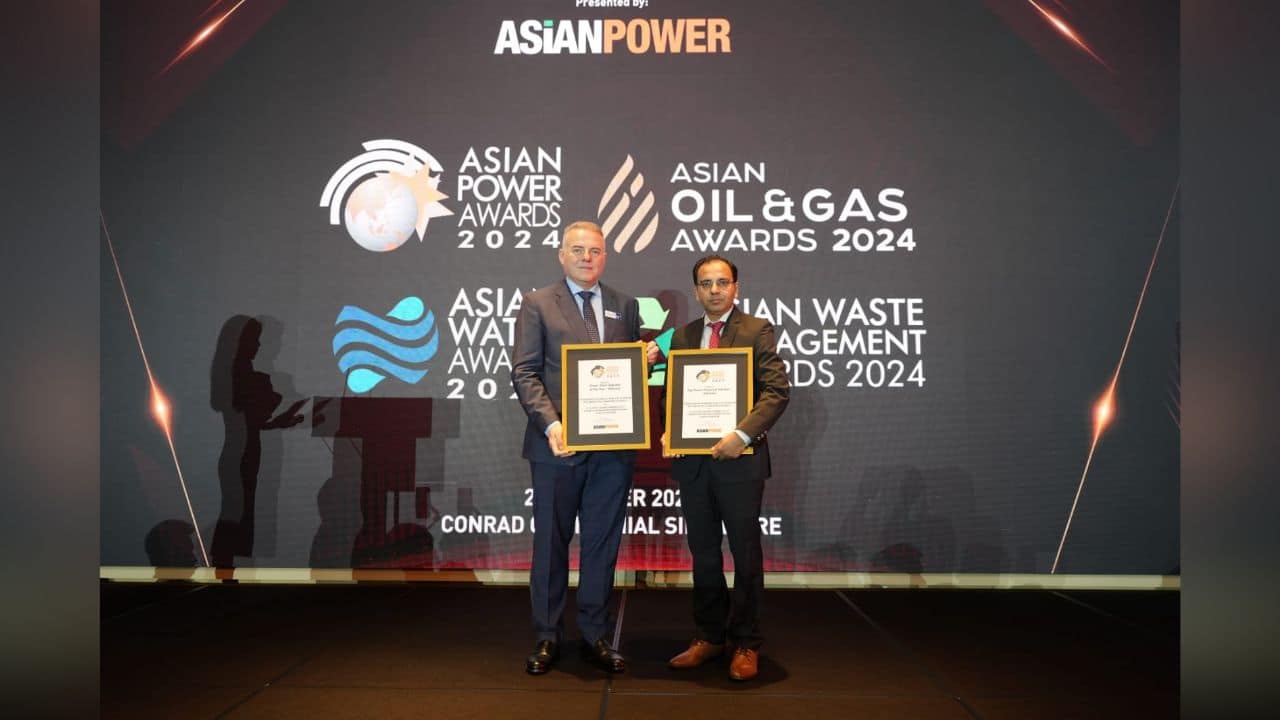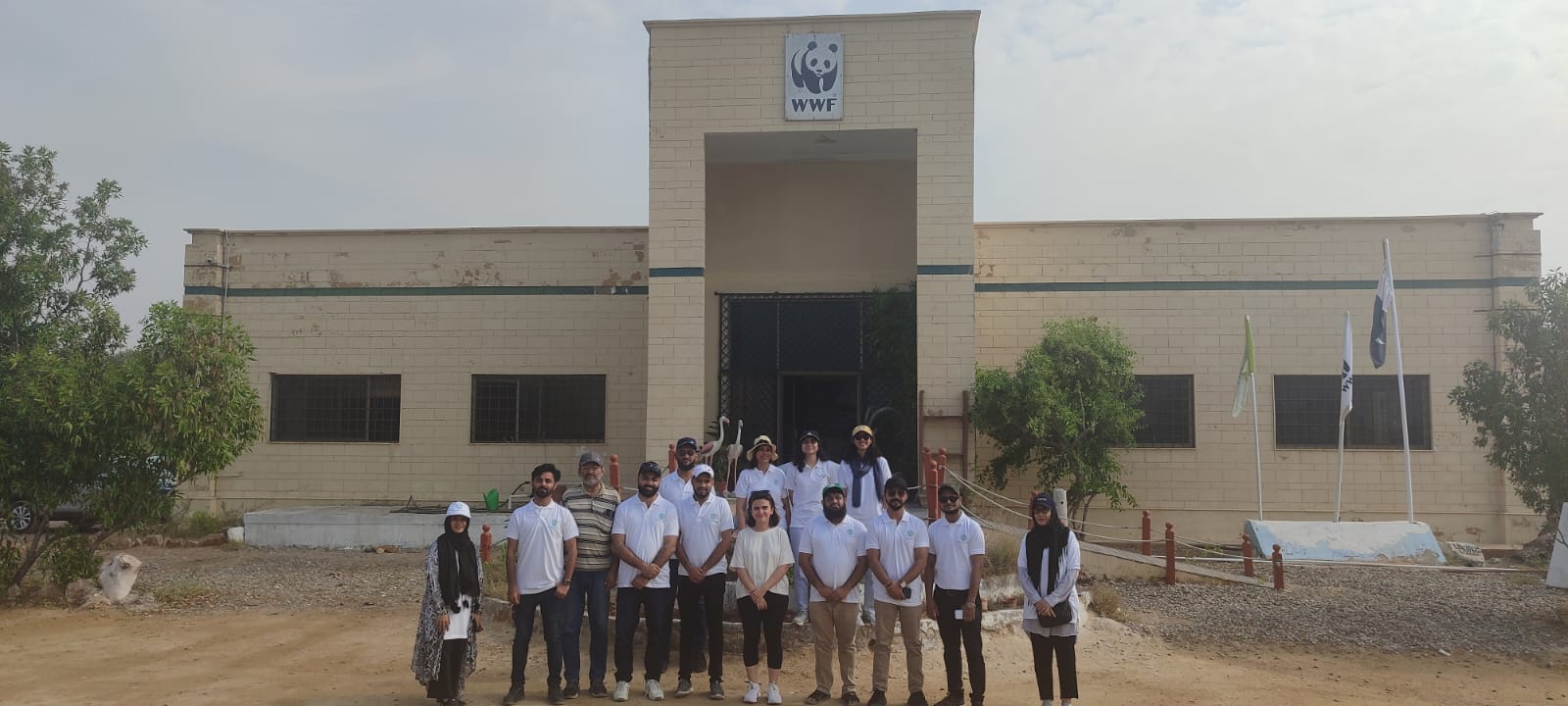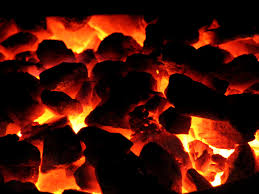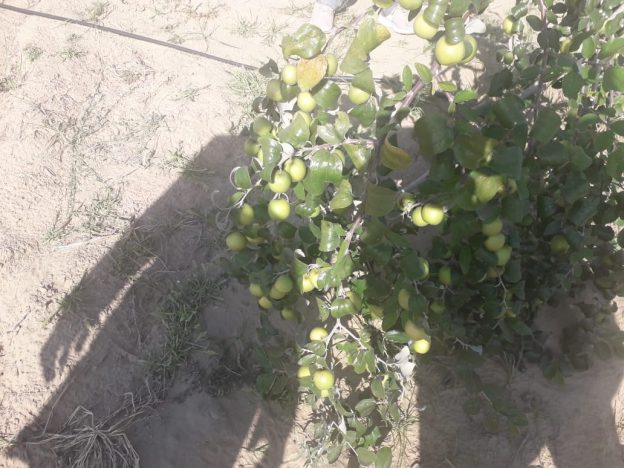Sales of new electric cars in Norway hit a record high last year, sector experts said in January 2020, reaching 42.4 percent of all nearly-registered cars in 2019, mostly thanks to strong demand for Tesla’s Model 3.
Norway, a major oil producer that has pioneered electric mobility, offers a very advantageous tax regime for clean vehicles, making them highly competitive in cost terms against petrol and diesel vehicles.
New e-car models arriving on the market should help push their share higher still this year, said OFV, a body which monitors Norway’s car market.
In 2019, 60,316 all-electric new cars were sold in Norway out of a total of 142,381, a rise of 30.8 percent from the previous year when the market share of e-cars was 31.2 percent.
The Norwegian car importer association said it expects e-cars to take a market share for new cars of 55 to 60 percent in 2020.
New models including the Volkswagen ID.3, the Ford Mustang Mach-e, the Polestar 2 and the Peugeot e-208 are expected to boost e-car sales.
“Today, in 2020 and in the years to come, a much larger range of cars is coming, with increased autonomy, greater size and in affordable price segments,” said OFV boss Oyvind Solberg Thorsen.
US firm Tesla was the biggest single seller of e-cars in Norway last year, with its latest Model 3 alone selling 15,700 units.
Norway’s Electric Vehicle Association called the numbers “very positive” but told AFP it had hoped for e-cars to account for 50 percent of new car sales last year.
The association’s secretary-general, Christina Bu, called on the government to maintain tax breaks for electric cars, which have become the topic of much debate in the Scandinavian country.
Norway, where electricity is almost exclusively generated by hydropower, has a 2025 target for all new cars to be zero-emission models.
Hybrid cars, which run on both thermal and electric energy, accounted for 25.9 percent of the new car market in Norway last year, while petrol and diesel cars accounted for around 16 percent each
Pakistan Engineering Council (PEC) has created a platform
